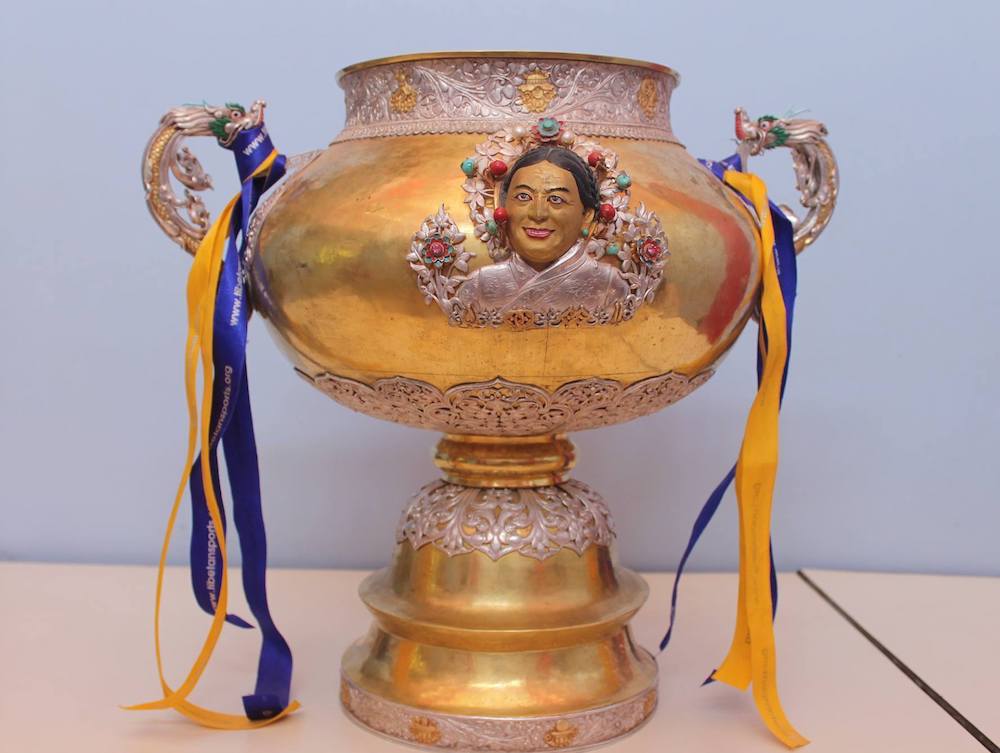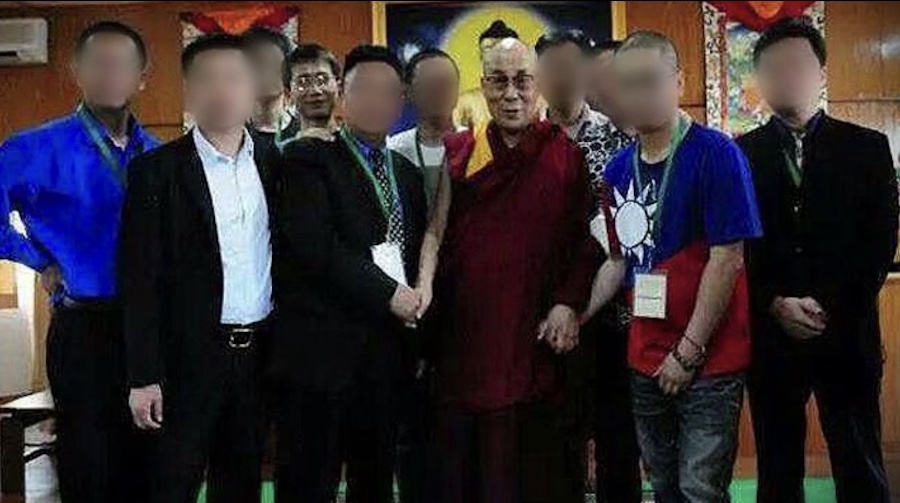In an age when religious and ethnic leaders from Iraq to Sri Lanka have promoted violent attacks and suicide bombings as a means to achieve their political objectives, one leader has taken a different path.
For more than half a century, the Dalai Lama has fought resolutely, but peacefully, for the human rights and freedoms of his people in Tibet, a Buddhist Himalayan kingdom annexed by China in 1951.
After weeks of dithering, Prime Minister Paul Martin announced Monday he will meet the Tibetan leader though only as a spiritual, not a political leader.
Martin was right to ignore the bluster from Beijing and give the Nobel laureate the audience he so richly deserves.
China wanted Martin to do otherwise. Beijing views the Dalai Lama as a threat to Chinese unity, a dangerous separatist seeking to rob China of a valuable piece of its country.
Through its embassy in Ottawa, the communist giant issued a thinly-veiled warning last week that a Martin meeting with such a leader could hurt Canada’s trading relationship with China.
In a statement urging the government to forbid the Dalai Lama from entering Canada, the Chinese embassy asked Ottawa officials to refuse meetings with the Dalai Lama, “so as not to upset or damage bilateral relations.”
Martin need not have worried about China’s trumped-up threats.
Many other world leaders including U.S. Presidents George W. Bush and Bill Clinton and British Prime Minister Tony Blair have met with the Dalai Lama without trade consequences from China.
Moreover, the Canadian market is currently far more valuable to China than the Chinese market is to Canada. We have a $12-billion trade deficit with the country. China is also the fourth-largest recipient of foreign aid from Canada. Although the cash doesn’t flow directly into Beijing’s coffers, aid groups in China raked in $65.5-million in Canadian assistance in the 2001-2002 fiscal year.
But even if the economic situation were reversed and China had a history of making good on its trade threats, Martin still made the best decision for Canada by agreeing to meet with the Dalai Lama.
It’s the principle that matters most here.
China has an abysmal human rights record. Amnesty International’s most recent annual report details the seemingly arbitrary imprisonment and even execution in China of Falun Gong practitioners, Muslim Uighurs and Tibetans.
As of last year, more than 180 Tibetans, mainly Buddhist monks and nuns, remained imprisoned for reasons of conscience or no discernible reason at all, Amnesty says. The Chinese severely restrict freedom of expression, religion and association in Tibet and monasteries and nunneries have been destroyed there in the past.
Despite such repression, the Tibetan struggle against China has remained one of nonviolent resistance. The Dalai Lama himself doesn’t even see independence for Tibet as the struggle’s only solution. He advocates “a middle way” that would satisfy both sides.
Martin’s meeting doesn’t necessarily make him a supporter of Tibetan independence. He can make it clear he only wants to see a fair and peaceful resolution to the dispute and an end to Chinese persecution in Tibet.









